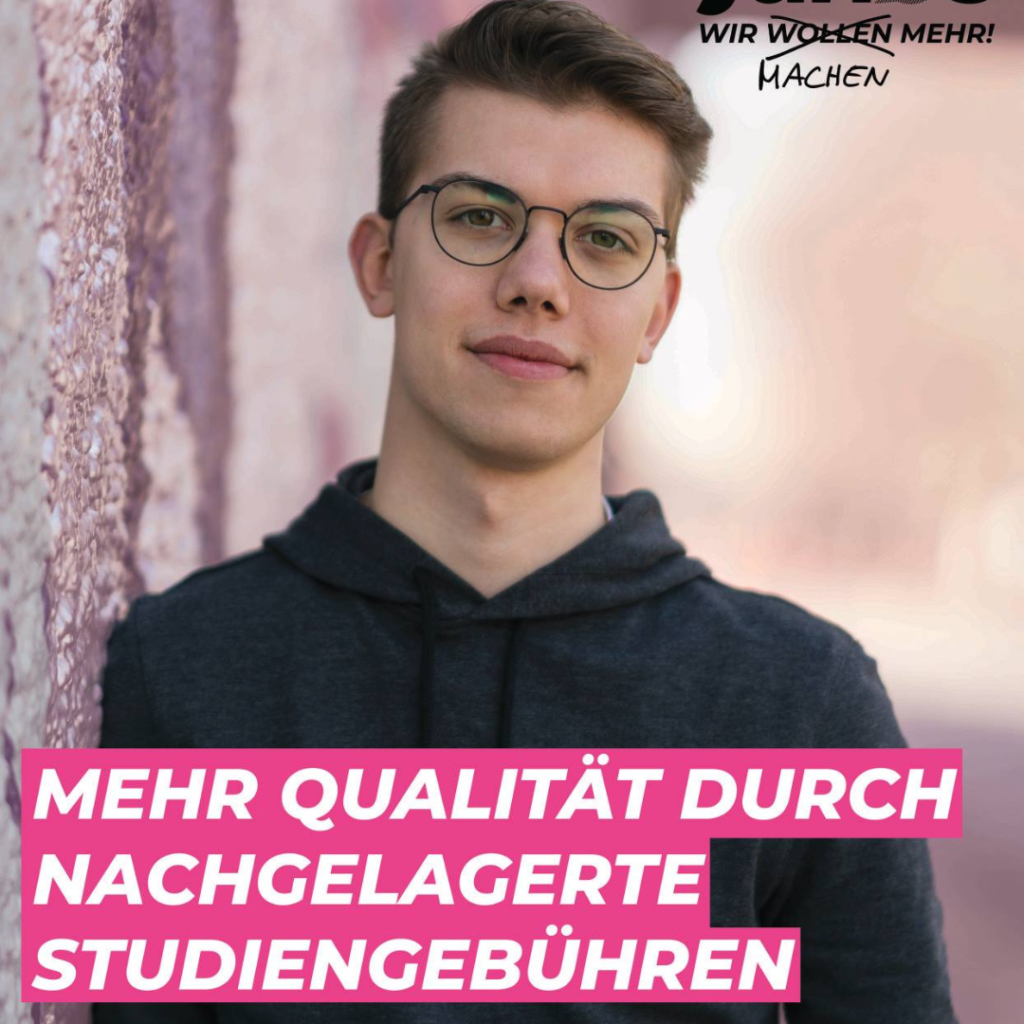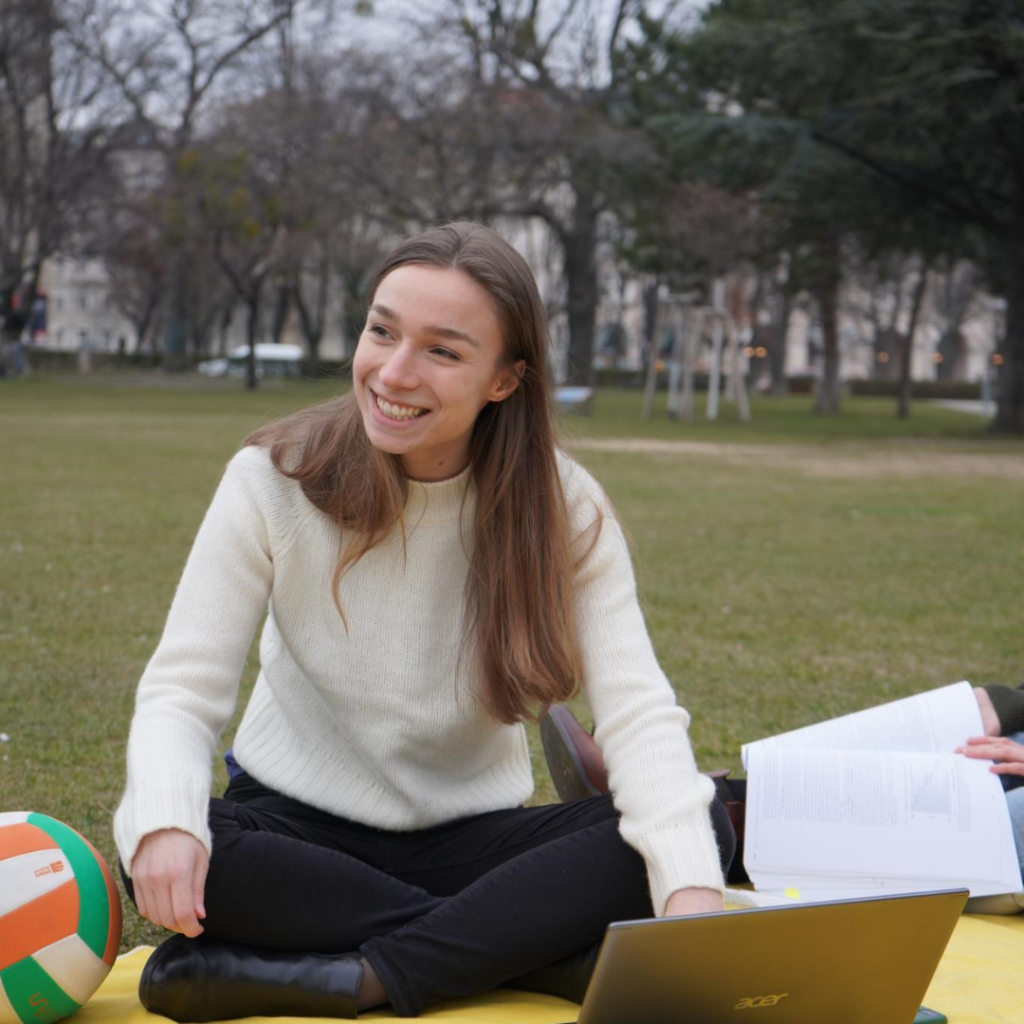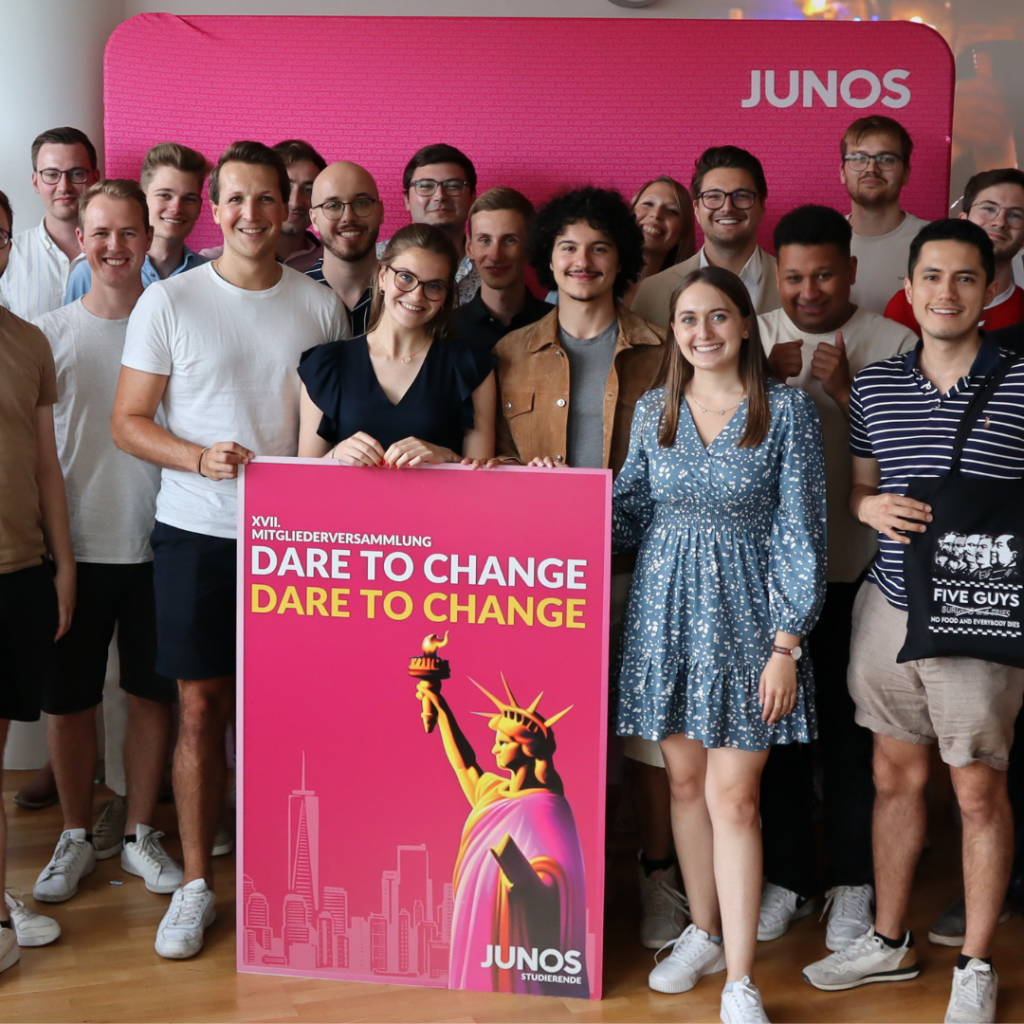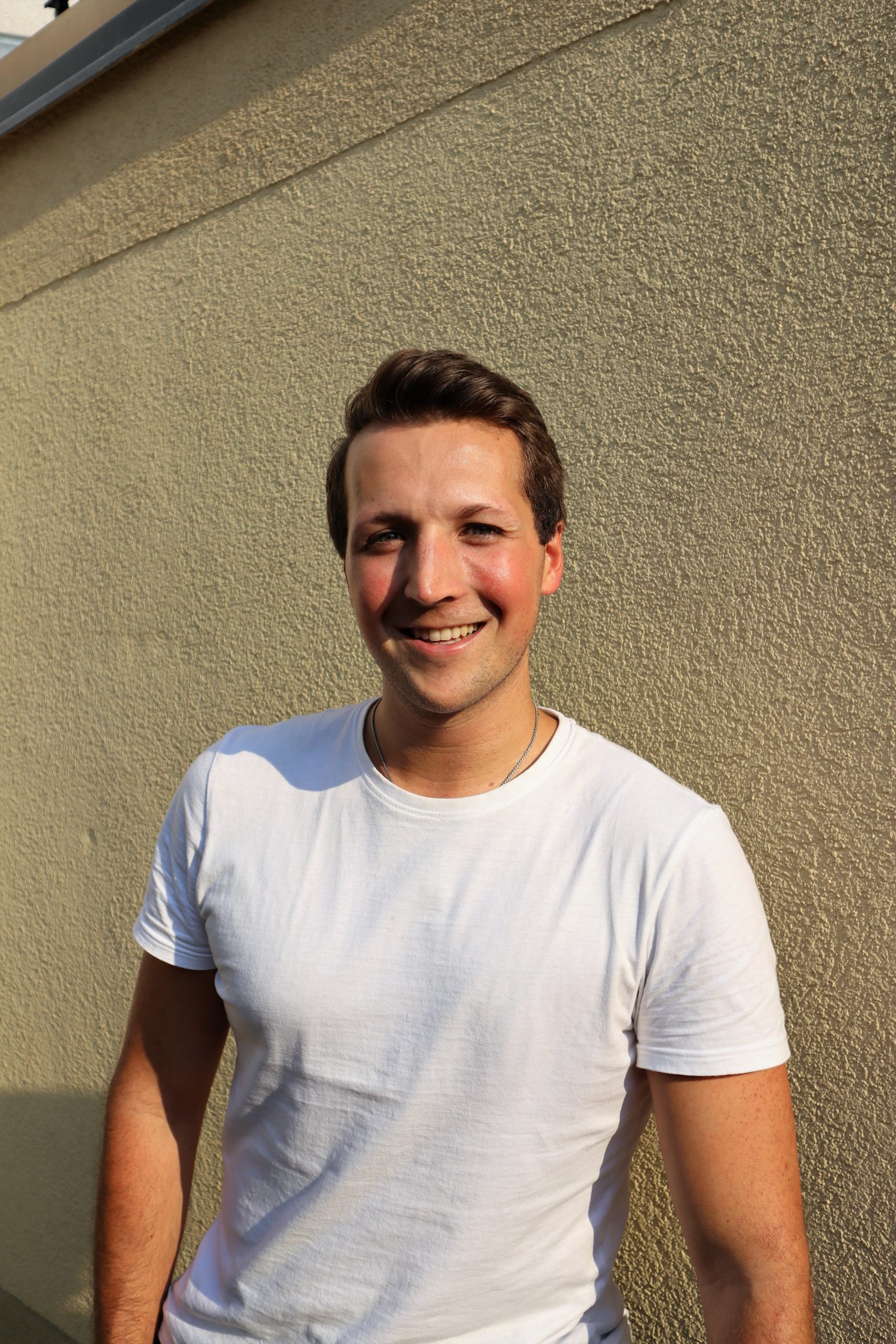WHO we are
WE ARE THE AUSTRIAN LIBERAL UNIVERSITY STUDENT ORGANISATION.
We are a faction in the Austrian Students’ Union where we stand up for better funded universities, more adjustable study structures and fair access to higher education.
At many different universities and colleges across Austria we bring people together who share a passion for student politics and want to fight for a more liberal and pragmatic university system. Apart from politics, we also try to enjoy our years of study as best as we can!
History

In 2009, the JuLis – Austrian Young Liberals were founded at a national congress of the Liberal Student Forum (LSF). In that same year, the JuLis ran for the first time in the Students’ Union elections.

In 2014, JuLis became JUNOS - Young Liberal NEOS, the official youth organisation of the liberal political party NEOS! Since then, we Young Liberal University Students also work more closely with NEOS and unlike other groups, stand to this connection!

With the top candidate Yannick Shetty from Tyrol, we were able to achieve our best election result to date in 2017. With 12.61%, we were able to achieve the best nationwide liberal result in the history of Austria!

We JUNOS are an integral part of the ÖH, for the third time in a row we are in double digits! We are an integral part of the ÖH, constructive and critical.

After we were able to significantly improve our results at the 2021 elections, we show: we are doers. We JUNOS have been responsible for 3 of the 5 largest universities and we are still committed to improving everyday student life. We also have a responsibility in the universities of applied sciences - regardless of whether they focus on business or health.

Currently we hold five seats in the national board of the Students’ Union and have a say in the executive at some of the biggest universities in Austria! In addition, we are also represented with mandataries at many locations!
what we stand for
Our universities lack the money for many necessary reforms. We are of the opinion that it is long overdue to break new ground so that they can finally keep up with the international top level!
We propose a financing model consisting of three pillars: 1) increased state investment (2% of GDP), 2) increased third-party funding and 3) tuition fees. However, we only want these tuition fees in return for a fixed commitment from the government that more money will flow into the universities. Moreover, they must be paid downstream to guarantee equal opportunities.
Here’s how it works in detail:
Each university determines the amount of tuition fees per semester itself but may also decide not to charge any at all. The maximum amount is €500 per semester. The money does not disappear into the state budget but goes directly to your university.
Repayment of the loan only starts when you have both feet on the ground and your net income exceeds an allowance of €1,200 – it is then paid in instalments of 8% of the share above the allowance. After 30 years, a default liability kicks in: Your loan is automatically redeemed, even if you haven’t paid it all back yet!
Students today often have more responsibilities than „just“ studying. Countless students work, pursue multiple studies or already have a family and other important responsibilities. Our studies have to do justice to these different realities of life. We therefore need a more flexible and adjustable study programme!
In order to give students the opportunity to acquire interdisciplinary competences, to develop further and to specialise better, we advocate more free electives. We would also like to see the abolition of unnecessary prerequisite chains and the reduction of compulsory attendance so that we can once again study in a more self-determined way.
A balanced university life requires the possibility to choose between online and face-to-face courses, which offers the greatest possible flexibility for all students. However, this requires innovative and well-functioning online teaching. In addition, we need high-quality e-learning platforms and software licences as well as cloud services for students.
Education in Austria is still inherited and often also depends on the financial situation of the parents. To counteract this, we need to ensure that everyone has an equal chance to get a quality place to study, that students with low financial means are supported and that performance is rewarded.
In many degree programmes without adequate admission procedures, the introductory lectures (STEOP) are designed as knockout exams in order to reduce the number of first-year students. We are clearly against such hidden admission restrictions. If there are not enough study places, this should be regulated through fair and transparent admission procedures, not through hidden admission restrictions that cost students valuable time and energy.
The maximum amount of the study grant is currently €715 per month. We want to bring the maximum amount of the study grant and the self-employed scholarship in line with the minimum income, i.e. increase it to €917! Furthermore, merit scholarships must be massively expanded so that students can take their financial security into their own hands. The possibility of receiving merit-based scholarships and the services required for this must be communicated transparently and clearly to the students.
Universities must finally live up to their scientific pioneering role and fight the climate crisis through innovation. Energy-efficient building, green energy and regional canteens are important factors in this. At the same time, climate research must be strongly promoted. All compulsory reading should be available online and access to online databases and libraries should be expanded.
Then there is the huge factor of mobility. We advocate for affordable public transport tickets, better frequentation of journeys and more bicycle infrastructure at the universities.
The Austrian Students’ Union must also make its contribution. Information brochures and other documents must be digitalised, and climate-efficient working methods must be ensured through compensation payments. Furthermore, we demand the establishment of a funding pot with which sustainable projects by students can be financially supported.
Although the study conditions at the universities of applied sciences, so called Fachhochschulen, are often much better than at the universities thanks to access restrictions and tuition fees, there is still a clear need for improvement. It is particularly important to us that students at universities of applied sciences are not further neglected in the public discourse.
The following three demands are particularly important to us:
- Abolish unnecessary attendance requirements and enable hybrid teaching. This way, students can decide for themselves whether to attend a lecture on site, at home or simply not at all.
- Harmonise the deadlines for application and admission procedures at universities of applied sciences throughout Austria.
- Make stays abroad possible for all FH students! This requires fixed periods of time in which students can spend a semester abroad without delaying their studies or suffering other disadvantages.
Never have we students needed pragmatic, professional and effective representation more than during the Corona crisis but the Students’ Union was only concerned with itself during this time and was mainly conspicuous for coalition break-ups, internal squabbles, factional disputes and negative headlines. Unfortunately, this is nothing new, but has been the case for years. This ÖH needs a real reboot.
Instead of devoting itself to general political issues and constantly organising demonstrations, the Students’ Union should return to representing the students. That’s why we want students to have a say in how our money is spent in the future. The Students’ Union should also be transparent with its finances, as all students contribute through their membership fees.
Since strong interest groups convince through performance/service and do not need coercion, we also advocate the gradual abolition of compulsory membership. As a first step, we propose a model in which all students have the possibility to opt out of the Students’ Union after the first semester




